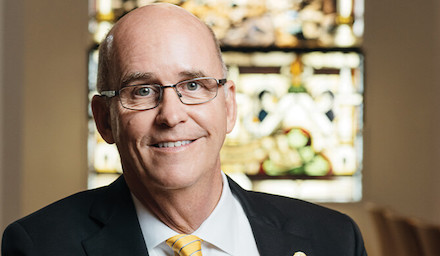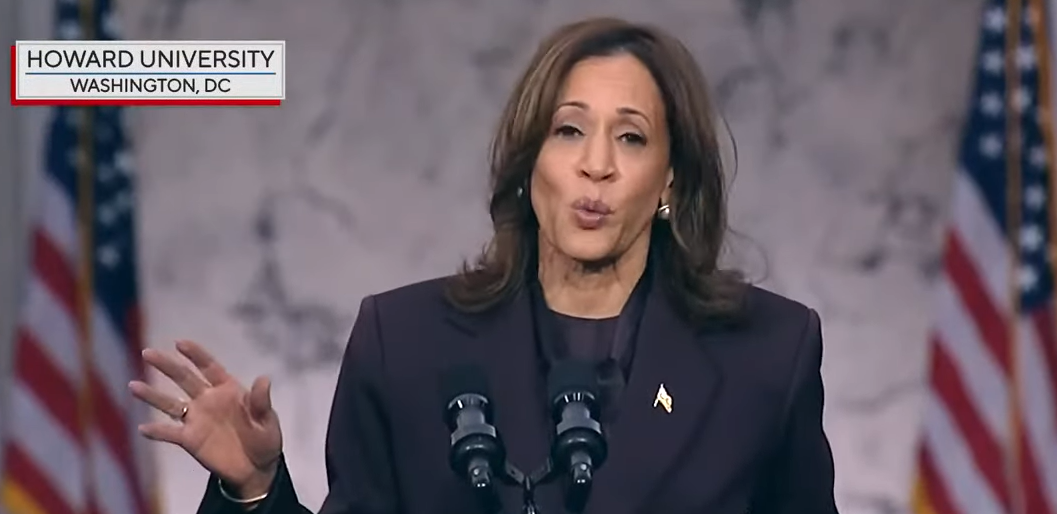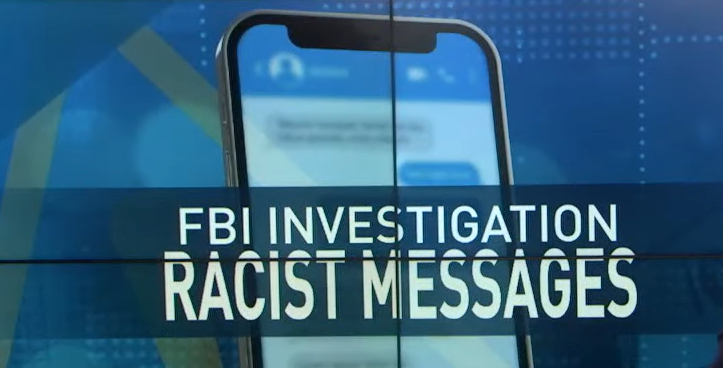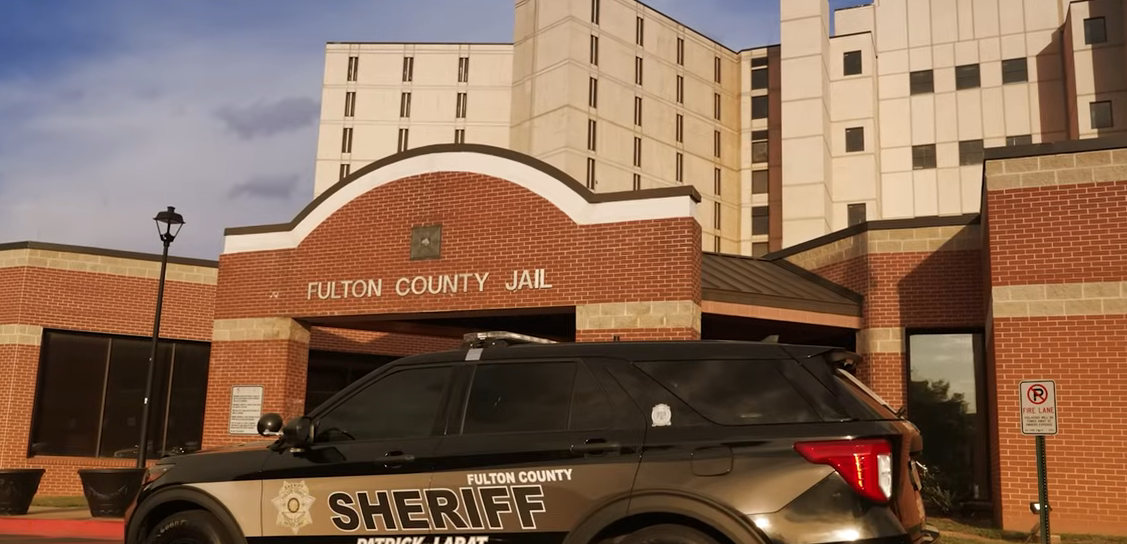St. Mary’s University President Tom Mengler. Photo: StMarystx.edu
President Tom Mengler of St. Mary’s University outlined evidence that two weeks ago a diplomat for Rwanda’s dictatorial regime of President Paul Kagame, spied on a virtual class at the school by signing on without authorization. The Rwandan regime abducted political opponent Paul Rusesabagina and has held him in solitary confinement since last August.
The Rwandan official used Zoom to join a class of St. Mary’s students, staff, and guests, meeting in the University’s School of Law. Toward the end of the class on April 6, according to Mengler, St. Mary’s staff discovered at least one participant attending the session without the knowledge or permission of the organizing faculty member, Associate Professor of Communication Studies Bill Israel. When it became clear the intruder remained online, Israel challenged him to identify himself. He did not. Israel and executive director of Academic Technology Services Jeff Schomburg then terminated the intruder’s connection.
Spadework by Schomburg and the University’s information technology personnel later determined that the intruder initially joined the meeting for less than three minutes under the name Charles Ntageruka, but then departed. The intruder reappeared a few minutes later under a changed screen name “MN,” and remained until cut off.
The University’s IT staff determined that the intruder in both cases was using an identical internet address. Finally, Professor Israel discovered Ntageruka identified online as Second Counselor at the Embassy of the Republic of Rwanda in Washington, D.C. Israel reported the matter to the FBI.
“Desperate people take desperate measures,” said Mengler. “This intrusion by a member of President Kagame’s diplomatic corps into a St. Mary’s class shows the paranoia of President Kagame’s administration in seeking to quell a rising chorus of international outrage over its kidnapping of Mr. Rusesabagina.”
Rusesabagina is internationally famous for rescuing 1,268 people from certain death during the 1994 Rwandan genocide, later the subject matter of the Academy Award-nominated film “Hotel Rwanda.” For his heroic actions, Rusesabagina received the Presidential Medal of Freedom from President George W. Bush in 2005.
Rusesabagina, a resident of San Antonio and outspoken humanitarian activist, was kidnapped last fall in a Rwandan government intelligence operation. In that undertaking, Rusesabagina had agreed at the behest of a churchman he knew to speak to congregations in neighboring Burundi. He flew from San Antonio to Dubai, then boarded a plane for the final leg, not knowing the flight had been arranged and paid for by the Kagame regime.
Instead of landing in Burundi, the plane landed in Rwanda’s capital Kigali, where Rusesabagina was arrested, bound, tortured and placed in solitary confinement—his human and legal rights systematically violated. He remains on trial in Kigali, where despite the evidence, the court has ruled he was not kidnapped, and that he is not entitled to the legal representation he has sought. The court has subordinated his ability to mount a defense to government control.
“Paul Rusesabagina, an international hero, is in the fight of his life,” Mengler added. “The Rwandan dictator-president Kagame is running a sham trial before a kangaroo court, which ruled he was not kidnapped, even after Kagame described the kidnapping operation as ‘flawless.’ He’s been deprived of his human rights, his right to a fair trial, even access to the prescription drugs his family sent him.”
These compelling facts and the presence of Rusesabagina’s son, Tresor, a St. Mary’s University student enrolled in Israel’s International Communication class, motivated Israel and his students to consider the case as part of their study. Now, they’re engaged in a final project intended to urge people of faith to contact their members of Congress to free Paul Rusesabagina using the hashtag #Free Rusesabagina.
“People of faith from San Antonio, all of Texas, across the United States and around the world should object to the injustice that Mr. Rusesabagina has endured,” Mengler said. “As people of God, we should join together to demand the release of this good and faithful man.”
Mengler reached out this week to U.S. Senator John Cornyn and U.S. Representative Joaquin Castro—and fellow Congressional leaders—to increase increase pressure, from the lawmakers and from the Biden administration for the release of Rusesabagina.
Previously, in December 2020, 32 U.S. Senators and Members of the House of Representatives—including Sen. Cornyn, Rep. Castro, Rep. Michael McCaul, Rep. Lloyd Doggett, and then-U.S. Rep. Will Hurd—sent a bipartisan letter to Kagame requesting Rusesabagina’s immediate release and his “return safely to the United States to be reunited with his family.”






